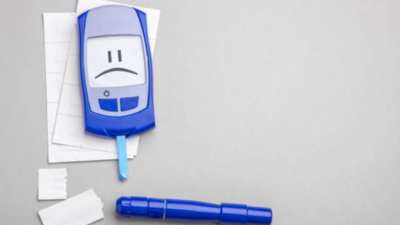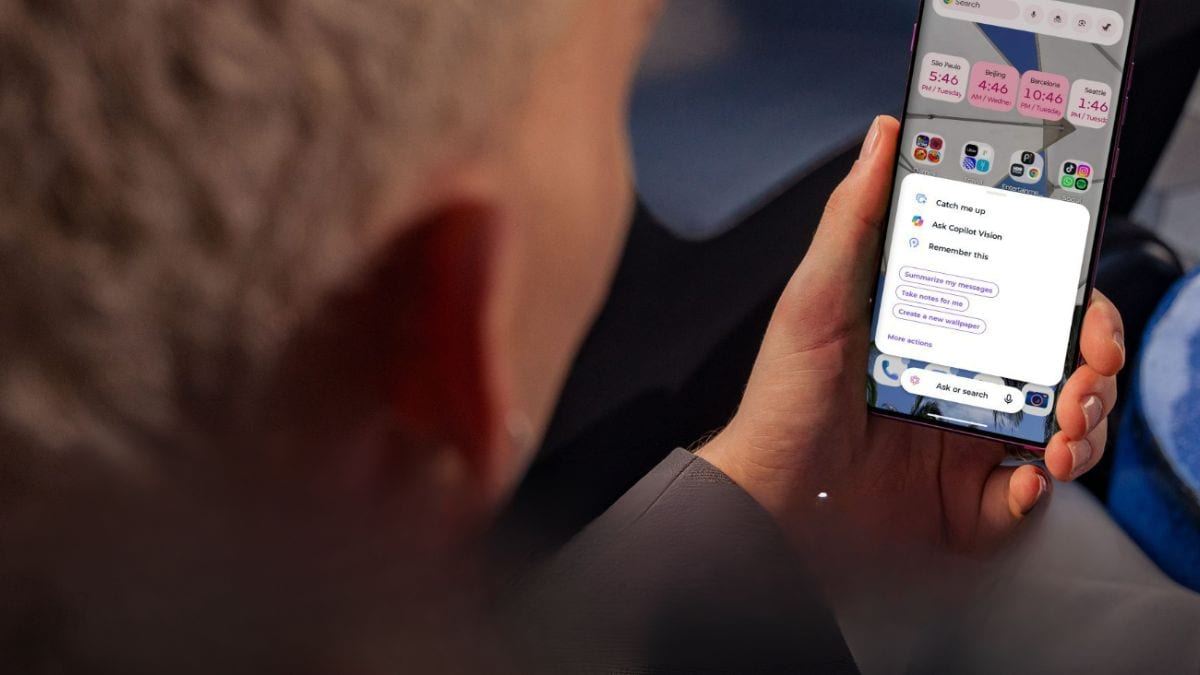ARTICLE AD BOX

Diabetes has become one of the most pressing health concerns in the United States, affecting over 38 million Americans according to the CDC, with another 96 million estimated to have prediabetes.
That’s nearly half the adult population either living with diabetes or on the brink of developing it. Type 2 diabetes, the most common form, is largely linked to lifestyle factors such as diet, physical inactivity, and excess weight.
Left unmanaged, it can lead to serious complications, heart disease, kidney failure, nerve damage, and vision loss, placing a huge burden on both individuals and the healthcare system.
Diabetes reversal
The concept of diabetes reversal is gaining attention because it offers hope beyond medication. By addressing the root causes, insulin resistance, high blood sugar, and metabolic imbalance, many people can bring their blood glucose back to normal levels and maintain it without reliance on drugs. Lifestyle changes like a nutrient-rich diet, regular exercise, weight management, and stress reduction have been shown to restore insulin sensitivity and protect long-term health.
Reversal not only reduces the risk of complications but also improves energy, mood, and quality of life. Given the scale of the problem in the US, prioritizing prevention and reversal could significantly improve public health outcomes.Recently, diabetes dietitians Diana Licalzi & Jose Tejero, shared on their Instagram account about four foods that can help with diabetes reversal. "We have the power to stop the progression of diabetes with the food we eat.
When you start focusing on health promoting foods, you’ll see you number come down," they have said.The expert has listed the following four foods that can help with lowering high blood sugar levels:
Beans:
The expert stresses on eating black beans to control diabetes. Beans are like nature’s slow-burn energy pack. Packed with fiber and plant protein, they help keep your blood sugar from spiking after meals. That fiber slows digestion, meaning glucose drips into your bloodstream nice and steady instead of flooding it.
Plus, beans are rich in magnesium, which helps your cells respond better to insulin—kind of like oiling the hinges so the doors open smoothly for sugar to get inside.
Black beans, kidney beans, chickpeas—mix them into soups, salads, or burrito bowls, and you’re not just eating tasty comfort food, you’re helping your body manage blood sugar like a pro.
Broccoli:
Broccoli isn’t just a dinner side, it’s a diabetes-fighting powerhouse.
It’s loaded with sulforaphane, a compound that can improve insulin sensitivity and protect blood vessels from damage caused by high sugar levels. Plus, broccoli naturally contains chromium, a mineral that plays a key role in improving how your body uses insulin. That means it can help lower blood sugar over time. The fiber content is top notch for slowing down those pesky glucose spikes, and since it’s super low in carbs, it won’t mess with your balance.
Steamed, roasted, or tossed in a stir-fry, broccoli is your crunchy green ally in reversing diabetes.
Edamame:
Edamame, those little green soybeans you snack on at sushi restaurants, are secretly a blood sugar superhero. They’re packed with plant protein, fiber, and isoflavones that help improve insulin sensitivity. Because they’re low on the glycemic index, they don’t cause sharp sugar spikes, keeping your energy levels more even.
Bonus: that protein-fiber combo keeps you fuller longer, so you’re less tempted to reach for sugary snacks.
Boil them, sprinkle with a little sea salt, or toss into salads for a satisfying crunch. Edamame is proof that small, simple snacks can pack a big punch in supporting diabetes management and even reversing its course.
Berries:
Berries like blueberries, strawberries, raspberries are like candy nature actually approves of. They’re sweet but low in sugar, high in fiber, and full of antioxidants that help improve insulin function. The anthocyanins (that’s the plant pigment giving them their bold colors) are linked to better glucose control and reduced inflammation. Eating berries with meals can even slow carb digestion, which means fewer blood sugar rollercoasters.
Whether you toss them into yogurt, blend into smoothies, or snack on them fresh, berries give you a guilt-free sweet fix while working behind the scenes to support your body’s efforts in reversing diabetes and keeping insulin on point.



.png)
.png)
.png)
















 1 day ago
4
1 day ago
4









 English (US) ·
English (US) ·